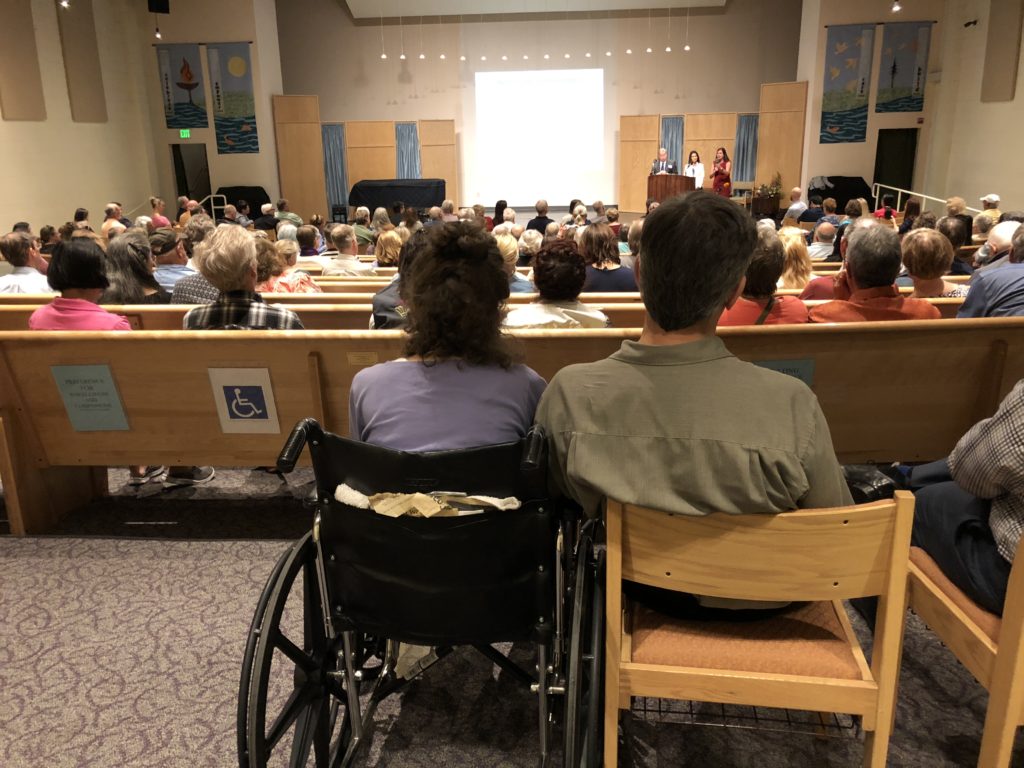
Liability insurance is considered such an essential protection in our society that anyone who drives is required by law to buy it in every state except New Hampshire. Renters and homeowners buy it. Businesses buy it. Why? Because accidents happen, people get hurt, property gets destroyed and the victims need compensation.
People and businesses in the United States pay insurance companies alot of money for liability coverage. Liability insurance consumers big and small deserve the protection they pay for. So when I was invited to be one of the Advisers to the drafters of a comprehensive handbook for judges to use when ruling on liability insurance cases, I was honored and happy to serve.
The handbook, known as the “Restatement of the Law of Liability Insurance” was a project of the American Law Institute (“ALI”). Founded in 1923, the American Law Institute is one of the important institutions in our society that maintains the rule of law and keeps our legal systems fair and balanced. It is a deliberative body with members, procedural and voting rules that have been developed over many years. The ALI publishes treatises that judges use for reference when analyzing the cases pending before them. The ALI Restatement series are tools for courts and law schools throughout the United States.
My fellow advisers were an esteemed group that included federal and state judges, insurance law professors, insurance company lawyers, in house lawyers for large commercial entities, and attorneys that specialize in representing policyholders. A balanced and impressive group. Over a seven year period, we traveled to Philadelphia to the American Law Institute from all parts of the country to help the drafters create a handbook that would fairly balance the interests of those who buy liability insurance with those who sell it. A handbook that would help judges reach just results in disputes between policyholders and insurers and maintain integrity in a system fraught with conflicts that need to be managed and high stakes economics: When an insurer decides it is not going to pay for an insureds legal fees or liability – that insured can lose their home, business or worse.
Insurance companies were well represented in the deliberations. Current and former General Counsels for State Farm, Ace and other leading insurance companies participated, as well as Victor Schwartz who has dedicated a good part of his career to reducing consumer legal rights against insurance companies. The final draft of the Restatement was heavily influenced by their arguments when it was adopted last month.
And yet, even after a seven year deliberative process in which insurers fully participated, some industry interests have embarked on a campaign to discredit the final product and use their formidable financial and political resources to lobby states to reject the product of a nearly one hundred year old bulwark of the rule of law.
Talk about a stealth move: These insurance industry advocates somehow got Ohio State Senators to cram the following wording into a bill and it sailed through both houses and is heading to the Governor’s office. Check this out:
Short Title: Modifies regional councils of government law Long Title: To amend sections 102.01, 167.02, 167.04, 167.07, 715.014, 940.07, and 2744.07 and to enact sections 3901.82, 5534.403, 5534.811, and 5534.911 of the Revised Code to modify the law concerning regional councils of governments to clarify that a municipal corporation eligible to designate a tourism development district may designate more than one district, to specify that the American Law Institute’s approved “Restatement of the Law, Liability Insurance” does not constitute the public policy of Ohio, to designate a portion of U.S. Route 33 in Meigs County as the “Steve Story Memorial Highway,” to designate a portion of Interstate Route 270 in Franklin County as the “Officers Anthony Morelli and Eric Joering Memorial Highway,” and to designate the portion of U.S. Route 24 in Henry County as the “Henry County Veterans Highway.”Below the radar, below the law, below the belt.
